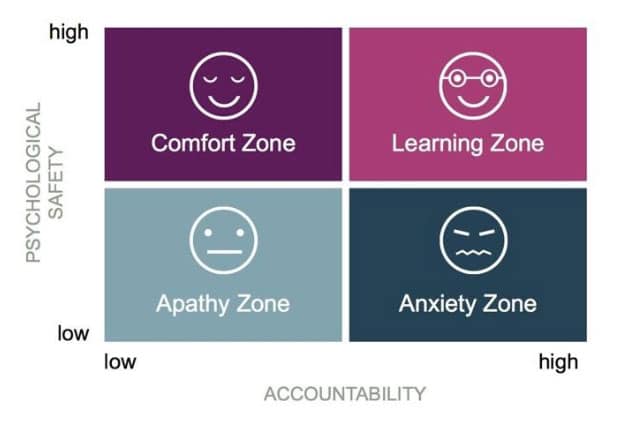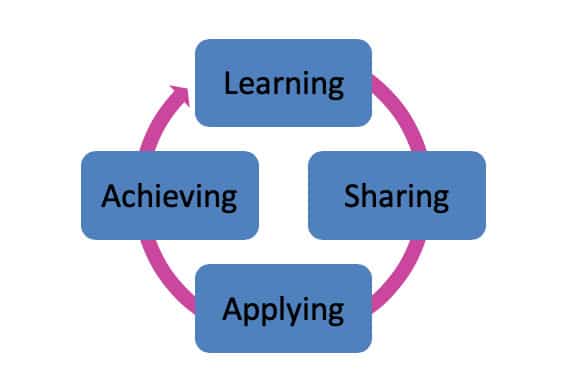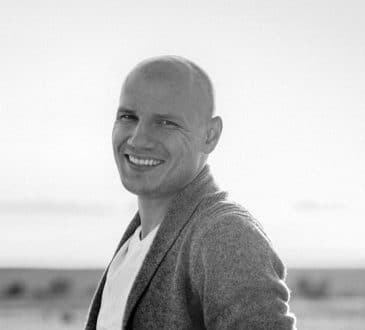Truth or Consequences

For those of you who are a bit older, Truth or Consequences might trigger your memory about the long-running game show that actually began on radio in 1940. It continued to enjoy a long run on NBC television between 1950-1988, with Bob Barker serving as the host for nearly 20 years. I hadn’t thought about that show in a very long time. Still, it popped into my head as I thought about the tenuous relationship between psychological safety and accountability, and the urgency associated with better understanding it.
My work with CEO peer groups offers further evidence that companies will never enjoy a healthy culture of accountability without psychological safety, nor will they realize the full benefits of psychological safety without having clarity about accountability as a practice. Dr. Amy Edmonson, Novartis Professor of Leadership and Management at Harvard Business School, created a 2×2 (below) that offers a terrific illustration of their interdependency.
As you can see, high psychological safety (PS) and high accountability (A) places a group or team in the Learning Zone. Here’s where the Learning-Achieving cycle lives. The Learning-Achieving Cycle was developed during my research with Leon Shapiro when writing The Power of Peers (2016). We identified peer groups that enjoyed a robust Learning-Achieving Cycle as the epitome of high-performing and continually improving. If you’re not operating in the Learning Zone, your peer group or organization is not likely to be consistent or sustainable high performer.
The Learning-Achieving Cycle underscores that we learn better when we learn together. For a group or a team, in-depth conversations about new concepts do two things: They help us understand what we learn more thoroughly, and they give us the confidence and courage to act on what we’ve learned. Once we apply what we learn and achieve success, we are encouraged to repeat the process as often as possible.
As you can see in the 2×2, low PS and low A, puts you in the Apathy Zone. Low PS and high A results in places you in the Anxiety Zone, and High PS and low A keeps everyone in the Comfort Zone. Neither the Apathy, Anxiety, nor Comfort Zones are likely to produce a culture of sustainable productivity, engagement, or alignment.
CEO Peer Group Workshop Findings
CEOs who participate in peer groups understand this dynamic through their firsthand experience working with other CEOs. During my workshops with these groups in North America and the UK, I’ve learned three important facts that can profoundly affect living in the Learning Zone and leveraging the Learning-Achieving Cycle. These facts can be instructive to organizational work teams as well.
- Just because a company has an environment of psychological safety does not mean the company is universally leveraging it. When it’s not being leveraged, it’s simply not as effective. In much the same way, diversity without inclusion is less than optimal, to say the least; it’s also true for psychological safety when it’s not maximized. On average, CEO group members (using a scale of 1-10) ranked psychological safety in their peer groups between 9-10. However, when asked to evaluate their individual ability to leverage that psychological safety by sharing openly with the group (and not holding back), the ranking dropped to a 6.
- When asked to rate their culture of member-to-member accountability on a scale of 1-10, the average was also a 6. Still, for each group, the ranking almost always aligned with their ability to leverage their psychological safety. For example, if group members ranked their ability to take full advantage of their safe environment as an 8, they would typically rank their culture of accountability as an 8. Keep in mind that because I’m evaluating accountability among CEO group members (versus leader to member), it’s less likely that psychological safety would be high and culture of accountability low and vice versa. They still go hand in hand, but differently.
- Accountability, when practiced as holding ourselves accountable, tends to be more effective than when people practice it as holding each other accountable. Rather than play defense (a practice many employees know all too well), CEOs understand how to accept personal responsibility for bringing their A-games to the group. It not only inspires more psychological safety, but also keeps groups out of the Anxiety Zone. (Note to CEOs: it works the same for your teams).
What Does This Mean For Our Organizational Work Teams Today?
Considering the work environment and the anxiety that is evident across the world, it’s only a matter of time before the pressure on companies and their employees take its toll. In a previous CEOWORLD piece, Enjoying Greater Productivity? Look at the Whole Chessboard, I wrote about looking beyond immediate results and paying close attention to the burnout, obscurity, isolation, insolation, and inspiration that will affect employee and organizational performance longer-term. If there’s ever been a time to understand the relationship between psychological safety and accountability, and embrace the value of operating in the Learning Zone, it’s now.
It’s as straightforward as Truth or Consequences.
Commentary by Leo Bottary. Here’s what you’ve missed?
Highest Paying Jobs Without A College Degree.
Highest Paying Technology Jobs.
Highest Paying STEM Jobs.
Highest Paying Healthcare Jobs.
Bring the best of the CEOWORLD magazine's global journalism to audiences in the United States and around the world. - Add CEOWORLD magazine to your Google News feed.
Follow CEOWORLD magazine headlines on: Google News, LinkedIn, Twitter, and Facebook.
Copyright 2025 The CEOWORLD magazine. All rights reserved. This material (and any extract from it) must not be copied, redistributed or placed on any website, without CEOWORLD magazine' prior written consent. For media queries, please contact: info@ceoworld.biz










